Creatine is a natural compound your body uses to produce quick energy, especially during intense physical activity. It’s synthesized from amino acids and is also found in foods like red meat and seafood, typically in much smaller amounts than in supplements.
Thanks to its proven performance-enhancing benefits, creatine has become a staple in the fitness world. Yet despite decades of research, myths about its safety and effectiveness persist. In this article, we’ll debunk five of the most common creatine myths, using expert insights and scientific evidence.
What Is Creatine?
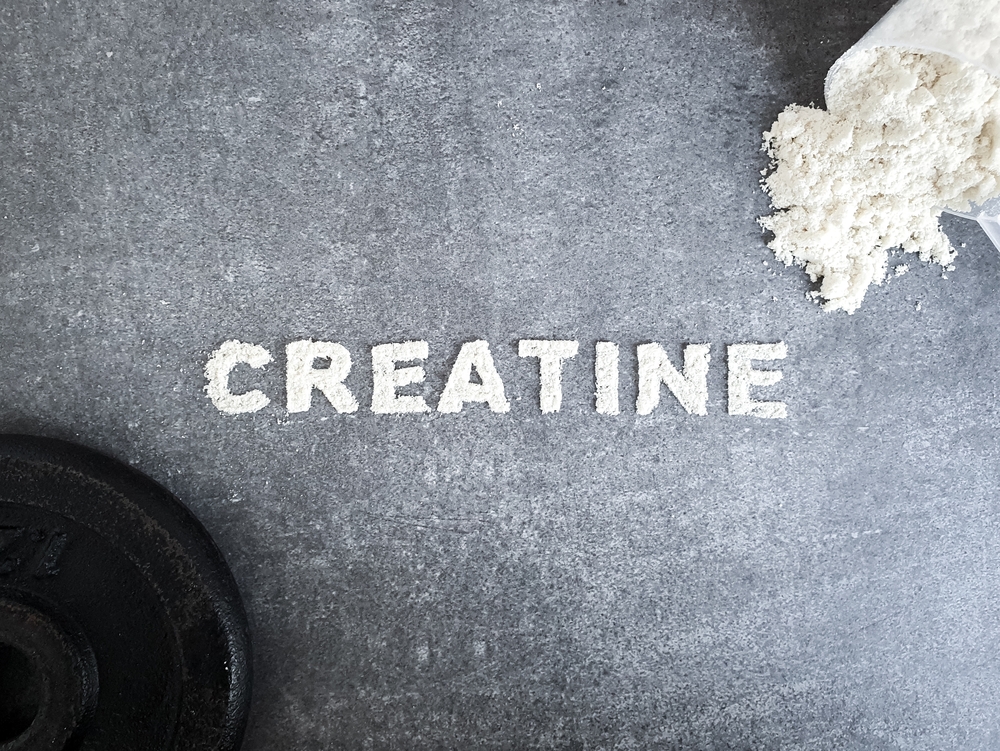
Creatine is a compound made from three amino acids and is primarily stored in the muscles, where it helps produce energy during short bursts of high-intensity activity. It also exists in smaller amounts in the brain.
The body naturally produces about 1 gram of creatine per day through the liver, kidneys, and pancreas. Creatine is commonly taken as a dietary supplement to enhance athletic performance, build muscle mass, support cognitive function, and potentially aid in managing certain medical conditions.
Natural Sources of Creatine:
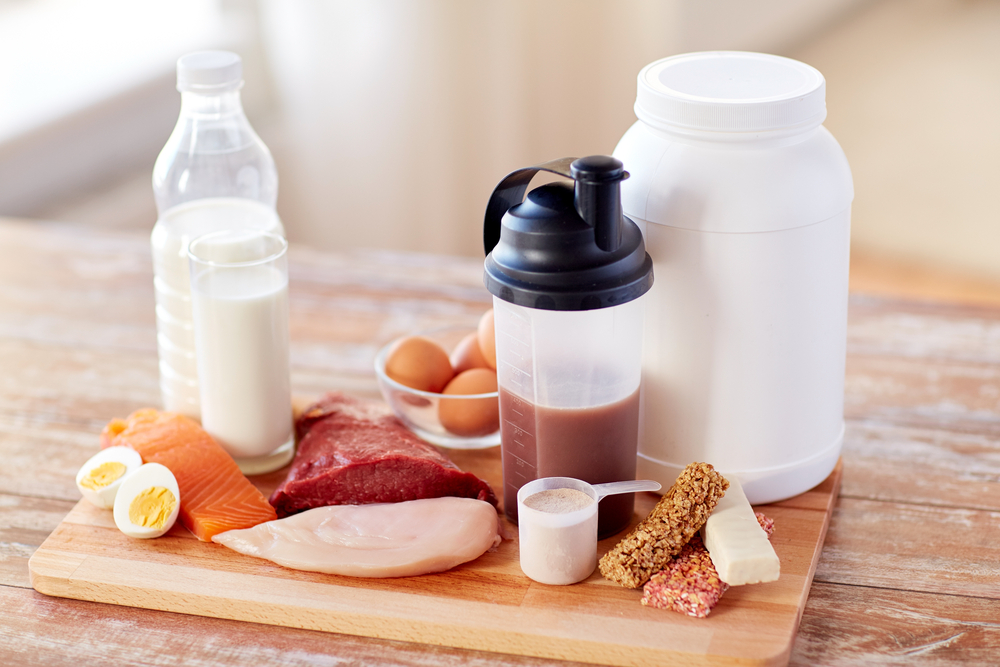
There are several ways to naturally boost your creatine intake through dietary habits and lifestyle choices. Focusing on balanced nutrition and consistent eating patterns can support the body’s ability to produce and utilize creatine effectively. Some notable foods you could add to your lifestyle include:
- Red meat – Beef, pork, lamb
- Fish – Salmon, tuna, herring, cod
- Poultry – Chicken, turkey
- Organ meats – Liver, kidneys
- Dairy products – Milk, cheese (small amounts)
Myth #1: Creatine Is a Steroid
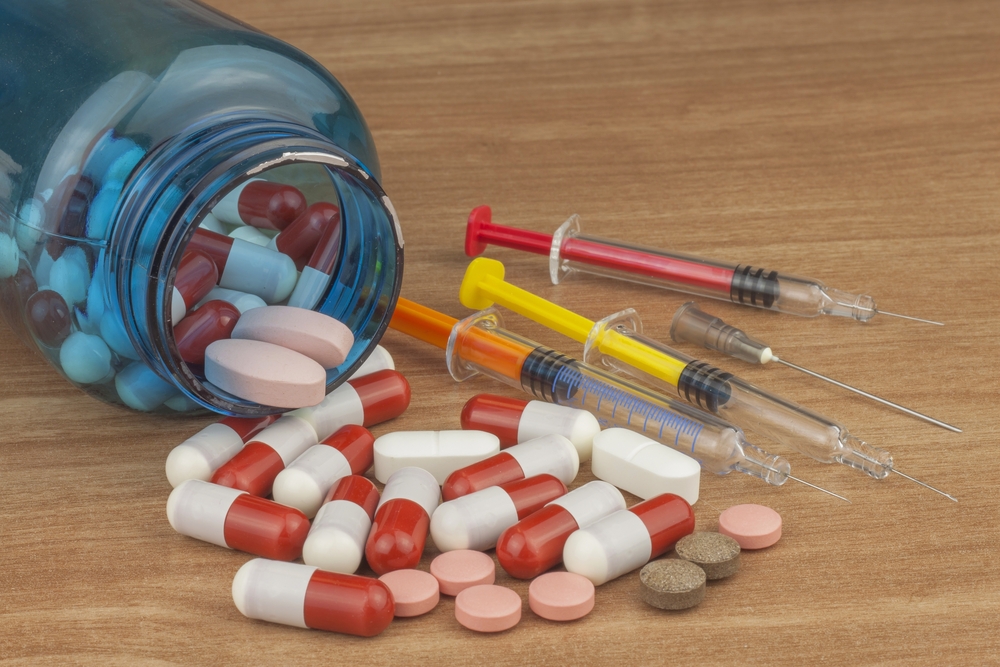
The Truth: Creatine is not a steroid. It’s a naturally occurring compound found in the body and in certain foods, and it is structurally and functionally distinct from anabolic steroids.
Expert Insight: According to research published by the National Institutes of Health (NIH), the physiological and performance outcomes of anabolic steroids and creatine can be similar; however, creatine has a completely different chemical structure. Creatine is not a hormone and does not alter testosterone or gene expression the way anabolic steroids do.
Scientific Evidence: Creatine helps recycle adenosine triphosphate (ATP), the body’s primary energy molecule, especially during short bursts of high-intensity activity. In contrast, anabolic steroids are synthetic hormones that promote muscle growth by influencing the endocrine system.
Myth #2: Creatine Causes Kidney Damage
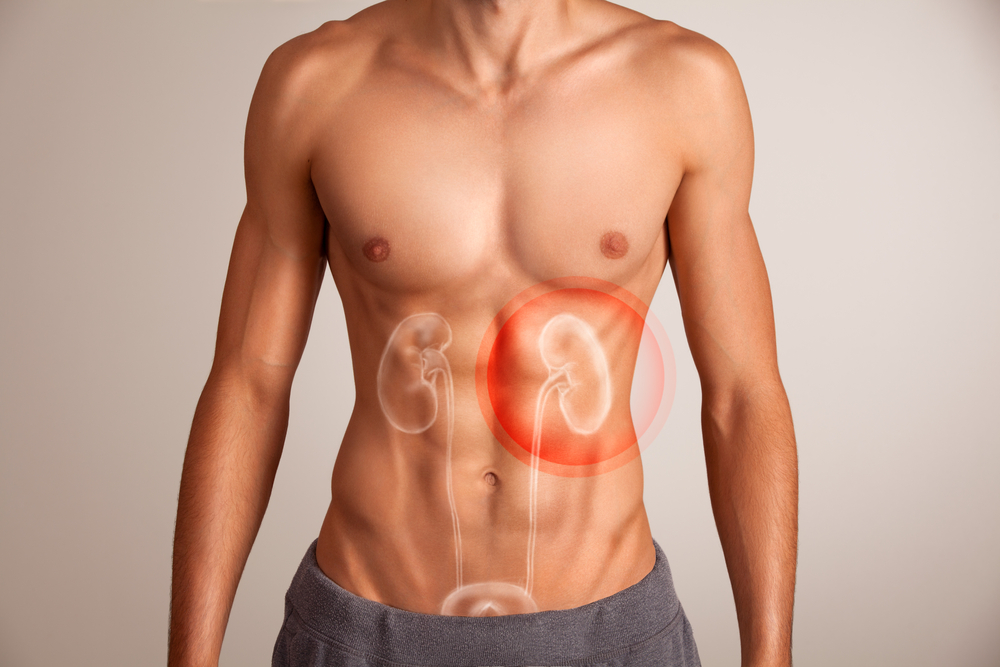
The Truth: Over 20 years of clinical research has shown no evidence that creatine supplementation causes kidney damage in healthy individuals when taken at recommended doses.
Expert Insight: NIH-backed studies consistently report that both short- and long-term use of creatine monohydrate does not negatively affect kidney function in healthy users. This myth stems from outdated speculation, not scientific fact.
Read More: Adrenal Fatigue: Myth or the Hidden Cause of Your Fatigue?
Myth #3: Creatine Causes Dehydration and Muscle Cramps

The Truth: Scientific investigations do not support a link between creatine supplementation and increased risk of dehydration or cramping.
Expert Insight: Controlled studies, including one involving NCAA Division I football players, found that creatine users had significantly fewer cases of muscle cramping, heat illness, and dehydration compared to non-users.
Hydration Tip: While proper hydration is essential during any supplement regimen, creatine itself does not cause dehydration.
Myth #4: Creatine Only Works for Men

The Truth: Creatine is effective for both men and women. Research has proven that women may experience unique benefits due to lower baseline creatine stores and hormone-driven changes that affect creatine metabolism.
Expert Insight: Medical reviews show that premenopausal women who supplement with creatine experience improvements in strength, power, and performance. In postmenopausal women, creatine, especially when paired with resistance training, can enhance muscle function, reduce fat mass, and even slow bone mineral loss.
Myth #5: Creatine Increases Fat Mass

The Truth: Creatine does not increase fat mass. While some users may notice weight gain, this is primarily due to increased water retention and lean muscle mass, not fat.
Expert Insight: A meta-analysis of adults over 50 showed that creatine supplementation during resistance training actually led to a reduction in body fat percentage (~0.55%) compared to placebo. No studies have shown significant fat gain associated with creatine use.
Takeaways
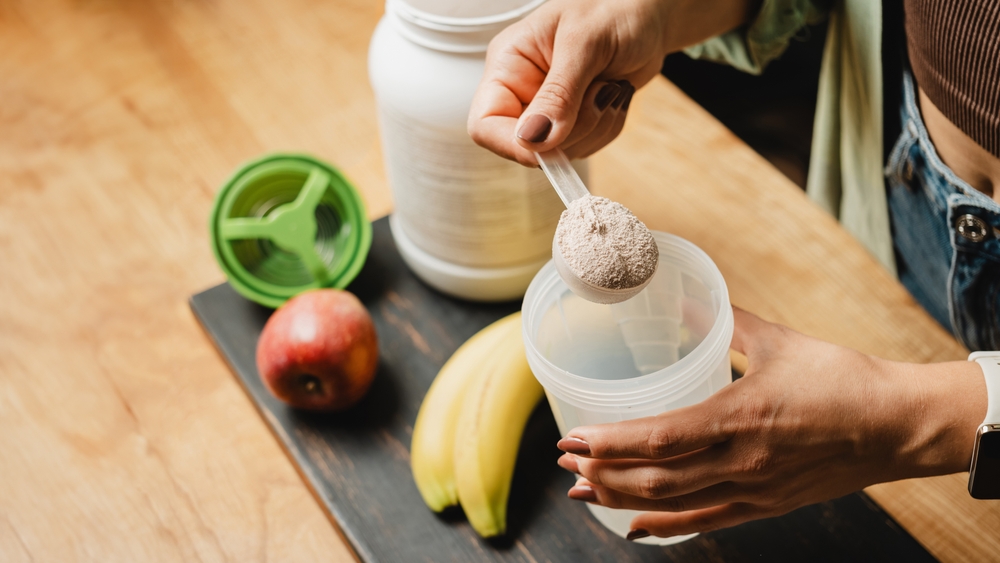
Creatine is one of the most extensively studied and safest supplements available today. Backed by decades of research, it supports performance, recovery, brain health, and even aging across both sexes.
While myths around creatine persist, scientific evidence consistently proves it to be safe and effective when used appropriately. Still, as with any supplement, it’s wise to consult a healthcare professional before starting. Used correctly, creatine stands out as a trusted, versatile aid for both physical and cognitive performance.
Read More: Myth vs Reality: Repurposed Drugs for Treating Cancer
